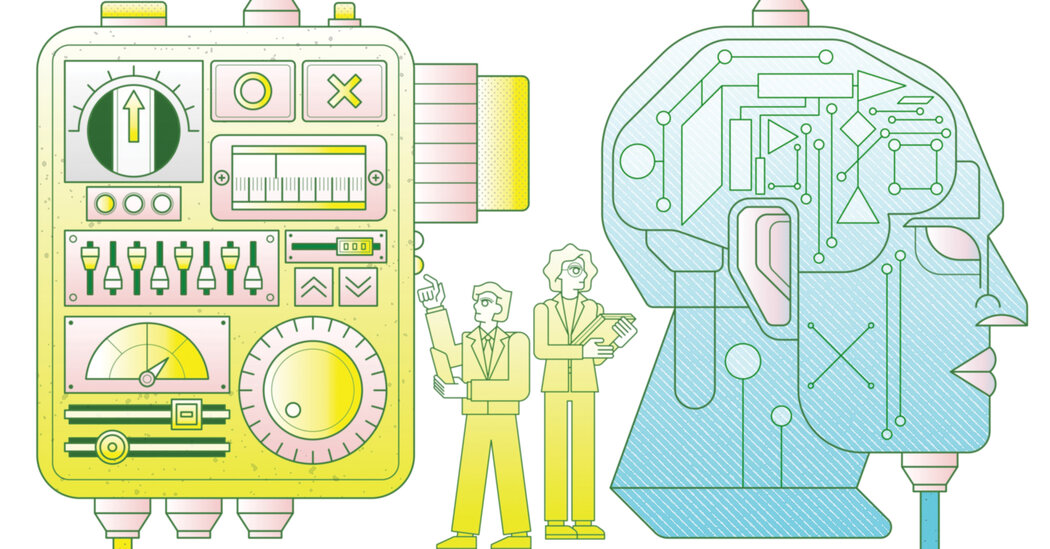
Many feared that artificial intelligence would kill jobs. But hospitals, insurance companies and others are creating roles to navigate and harness the disruptive technology.
In September, the Mayo Clinic in Arizona created a first-of-its-kind job at the hospital system: chief artificial intelligence officer.
Doctors at the Arizona site, which has facilities in Phoenix and Scottsdale, had experimented with A.I. for years. But after ChatGPT’s release in 2022 and an ensuing frenzy over the technology, the hospital decided it needed to work more with A.I. and find someone to coordinate the efforts.
So executives appointed Dr. Bhavik Patel, a radiologist who specializes in A.I., to the new job. Dr. Patel has since piloted a new A.I. model that could help speed up the diagnosis of a rare heart disease by looking for hidden data in ultrasounds.
“We’re really trying to foster some of these data and A.I. capabilities throughout every department, every division, every work group,” said Dr. Richard Gray, the chief executive of the Mayo Clinic in Arizona. The chief A.I. officer role was hatched because “it helps to have a coordinating function with the depth of expertise.”
Many people have long feared that A.I. would kill jobs. But a boom in the technology has instead spurred law firms, hospitals, insurance companies, government agencies and universities to create what has become the hottest new role in corporate America and beyond: the senior executive in charge of A.I.
The Equifax credit bureau, the manufacturer Ashley Furniture and law firms such as Eversheds Sutherland have appointed A.I. executives over the past year. In December, The New York Times named an editorial director of A.I. initiatives. And more than 400 federal departments and agencies looked for chief A.I. officers last year to comply with an executive order by President Biden that created safeguards for the technology.
Thank you for your patience while we verify access. If you are in Reader mode please exit and log into your Times account, or subscribe for all of The Times.
Thank you for your patience while we verify access.
Already a subscriber? Log in.
Want all of The Times? Subscribe.